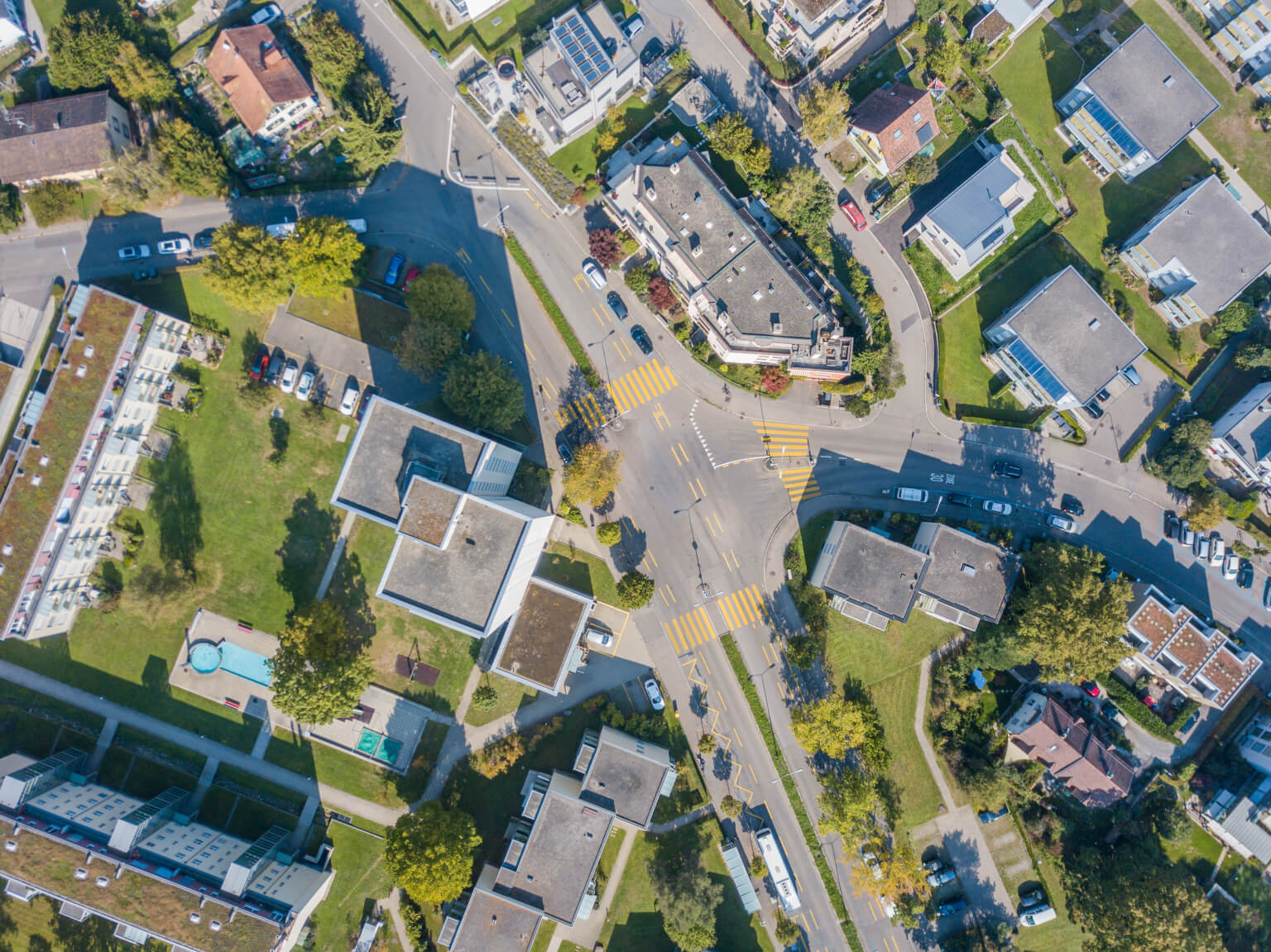By AIA Contract Documents

April 18, 2024
Both regional and urban planning stands as the blueprint for the development and organization of cities and larger regions, offering a structured approach to addressing the complex challenges of urbanization. As populations swell and cities evolve, the importance of effective regional or urban planning cannot be overstated. From shaping the physical landscape to fostering social cohesion and economic vitality, these planning services are a critical tool in building sustainable, resilient, and livable cities for future generations.
Regional and urban planning is about envisioning the future and translating that vision into tangible outcomes. These services encompass a wide array of disciplines, including mobility, environmental and ecological management, economics, and social sciences, among others. By integrating these diverse perspectives, planners work to create cohesive strategies that optimize land use, infrastructure development, and resource allocation while balancing the needs of the community and the environment.
One of the primary goals of both regional and urban planning is to promote efficient land use and spatial organization. Through zoning regulations and land use ordinances, planners aim to ensure that these spaces are utilized in a manner that maximizes productivity and preserves valuable natural resources. By designating areas for residential, commercial, industrial, and recreational purposes, planning creates functional neighborhoods and districts that cater to the diverse needs of the community.
Regional and urban planning is instrumental in fostering social equity and inclusivity within cities and larger regions. By promoting affordable housing, access to public services, and inclusive community engagement processes, planners strive to create areas that are accessible and welcoming to people of all backgrounds and socioeconomic statuses. Moreover, through initiatives aimed at reducing inequalities and addressing social disparities, urban planning plays a vital role in promoting social cohesion and fostering a sense of belonging among residents.
Furthermore, both regional and urban planning are essential for promoting sustainable and resilient areas. Planners typically work to integrate sustainability principles into all aspects of regional and urban lands. Planning endeavors seek to create areas that are environmentally responsible and resilient to the impacts of climate variability.
In conclusion, regional and urban planning plays a multifaceted role in shaping the future of large regions and urban areas. From promoting efficient land use and spatial organization to fostering social equity and environmental sustainability, these planning services can touch on several aspects of residents’ and visitors’ lives. As populations relocate and grow, the importance of effective planning will only continually increase, ensuring that areas remain vibrant, resilient, and inclusive places for all.
AIA Contract Documents has provided this article for general informational purposes only. The information provided is not legal opinion or legal advice and does not create an attorney-client relationship of any kind. This article is also not intended to provide guidance as to how project parties should interpret their specific contracts or resolve contract disputes, as those decisions will need to be made in consultation with legal counsel, insurance counsel, and other professionals, and based upon a multitude of factors.